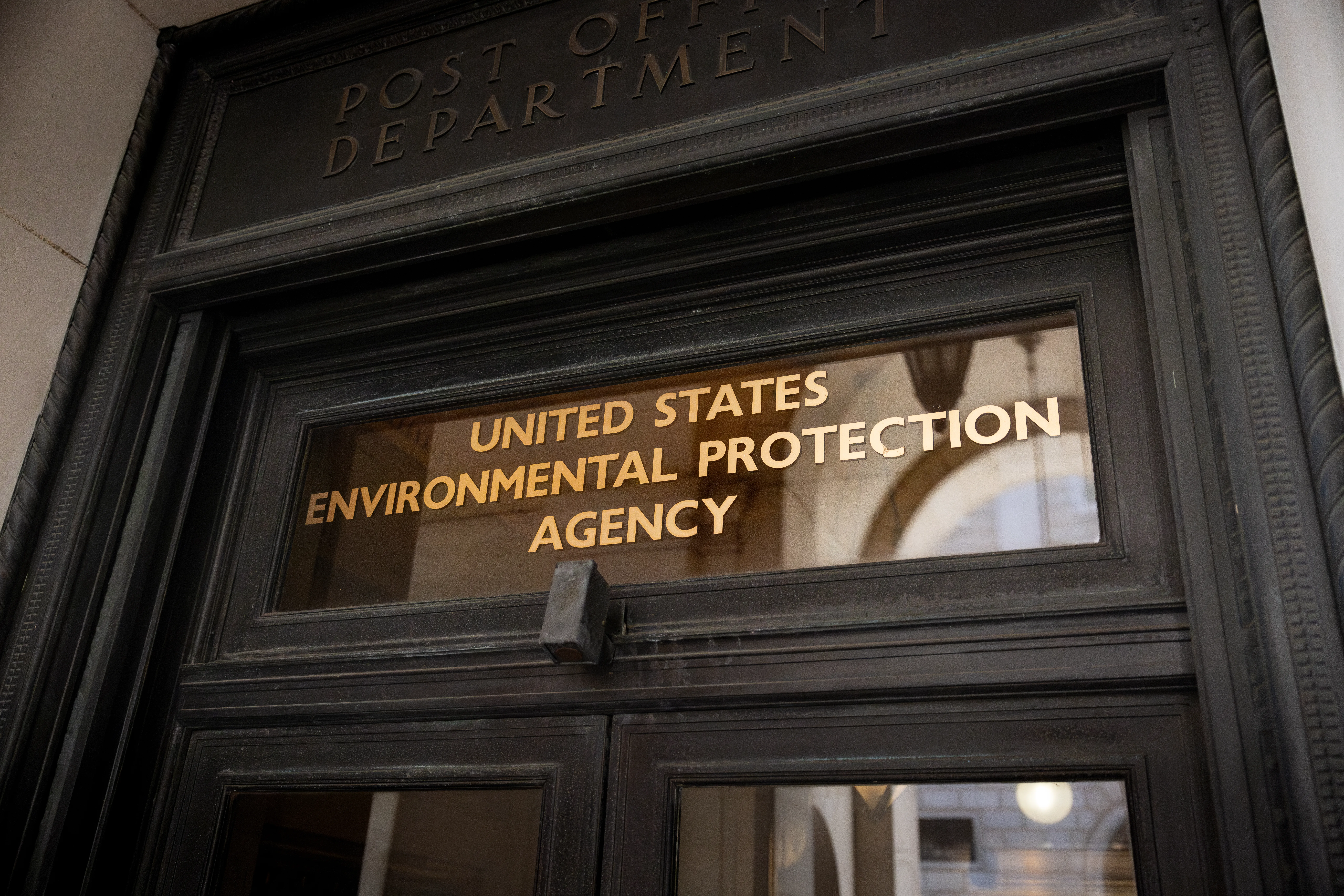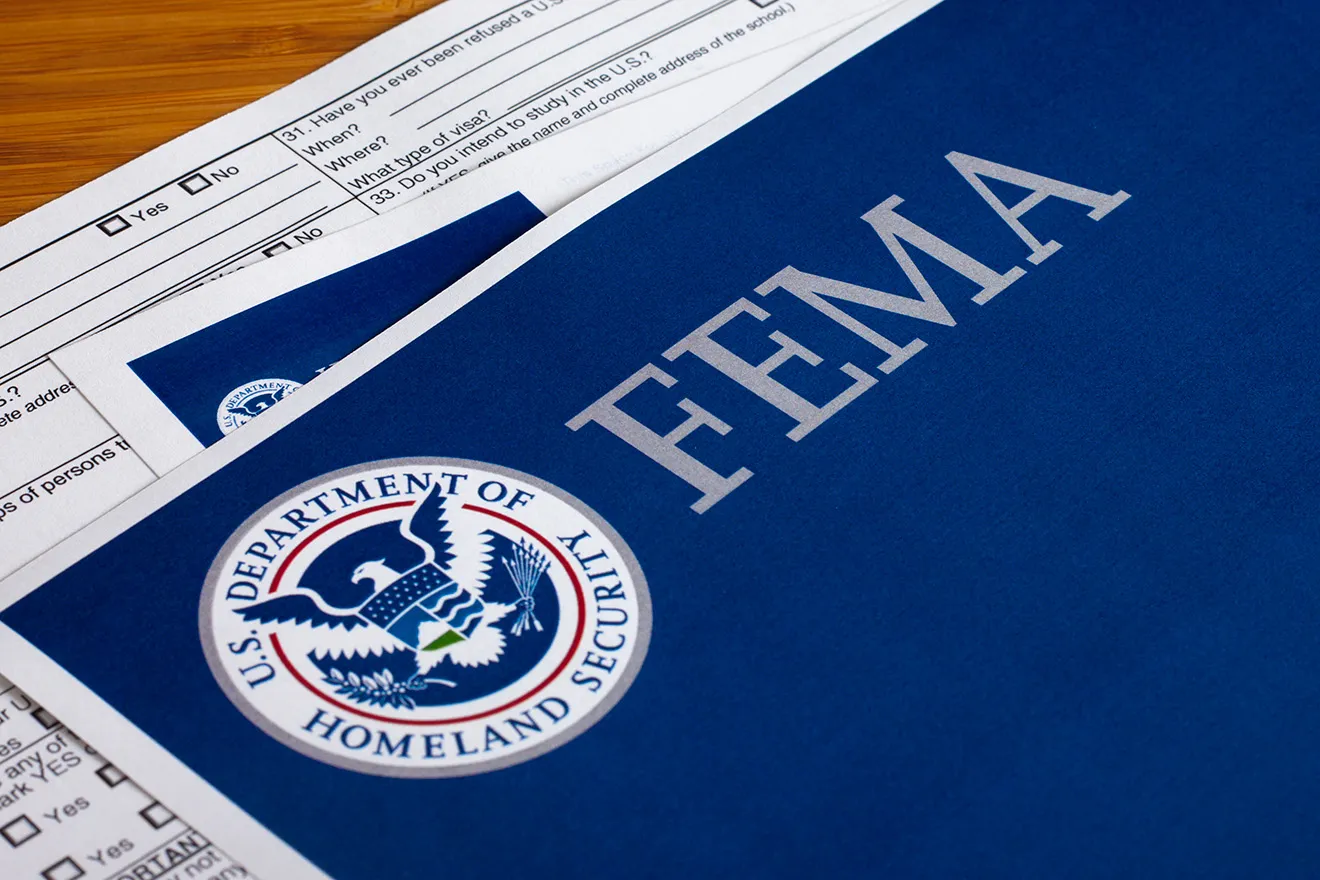
Will pesticide enforcement get caught up in trade talks?
Mike Moen
(Iowa News Service) The U.S. is talking with several nations as part of an emerging framework for trade policy, and in the Midwest, there are concerns about the ripple effect on farmers and consumers when it comes to pesticides.
The Indo-Pacific Economic Framework involves more than a dozen countries and has four negotiating pillars, including decarbonization and anti-corruption.
Steve Suppan, senior policy analyst at the Institute for Agriculture and Trade Policy, said while there are motivations to move away from standard trade ideals, influence from large agribusiness firms still might complicate things. Pesticides are one of them.
"Some of the IPEF countries have pesticide policies that are rejecting US imports that have pesticide residues on horticulture and grain exports," Suppan observed.
He predicted it will lead to calls for the elimination of "zero tolerance" policies, with companies arguing they will disrupt the delivery of food. There is added concern the discussions will happen behind closed doors.
The Pesticide Action Network said the U.S. already has lax pesticide rules, and states like Iowa do not strongly enforce existing guidelines, impacting farmers' health and food safety.
Rob Faux, communications manager for the Network, who also has a farm in Iowa, said the U.S. and its agriculture sector have become too used to the reliance on pesticides.
"We've gotten to the point where we're blase," Faux contended. "'It's just a pesticide, and we use it all the time.' "
Faux pointed to a proposal in Congress, the Protect America's Children from Toxic Pesticides Act, as a way to incorporate incremental improvements. He argued it would give regulators more teeth to keep harmful products off the market.
"That would change the process of both registration, making it a little bit more difficult, a little more burden of proof to show that it's safe," Faux suggested. "And then removing the chemical if it does show that there are dangers and problems with it would become easier"
While the future of the bill is uncertain, supporters say it also protects local governments and their ability to adopt their own pesticide rules. Some in Congress have been fighting a patchwork of regulations.
















